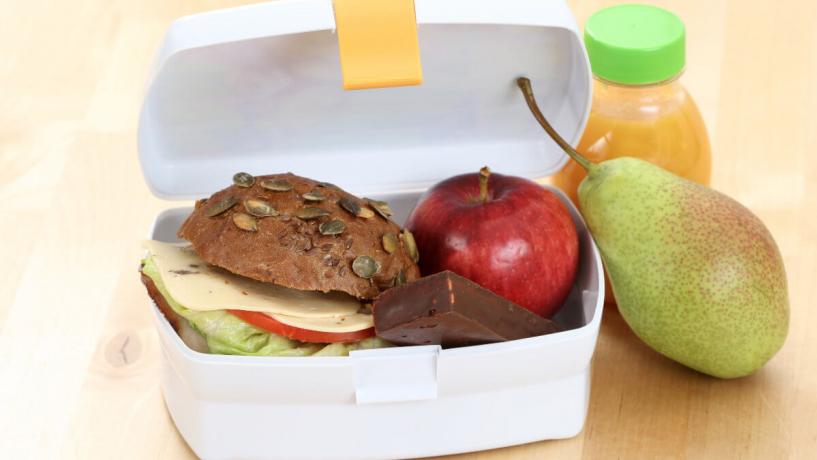
The Food Safety Information Council has encouraged Australians to take care when packing work and school lunches this year.
The council’s research shows four out of five adults, and nearly all children, eat packed lunches. However, many adults are not following basic food safety procedures when preparing and storing these meals.
Lunches are Eaten Four or More Hours After Leaving Home
Dr Michael Eyles, the council chair, says lunches should be packed in easily cleaned and dried boxes with space for a frozen drink or freezer block to keep perishable food, including sandwiches and cheeses, cold. As most lunches are eaten four or more hours after leaving home, this measure is important for keeping food safe.
Choose Low-Risk Foods and Prepare Foods with Safety in Mind
He also encourages adults to choose low-risk foods, including hard cheeses, fresh, washed fruits and vegetables, freshly cooked meats and poultry, canned salmon and tuna, shelf-stable snack foods, and sandwich spreads.
These foods should be prepared on clean and dry cutting boards or benches, with clean, dry utensils. Adults should also wash their hands before preparing food. Different foods should be stored separately from one another to avoid cross-contamination.
Once at school, children should be encouraged to store their backpacks out of the sun to keep lunchboxes cool. Adults should put their lunch in the fridge as soon as they arrive at work.
“Staff fridges should be uncrowded and running at or below 5C,” Dr Eyles explained. “Provide labels and a pen so people can label and date any food they put in the fridge.”
If fridges aren’t available, adults should pack their food in an insulated container with a frozen drink. This container should also be stored in a cool place.
Sharing Foods Should be Discouraged
Dr Eyles says parents should also warn their children against sharing their lunch or drink bottles, as it’s difficult to know about the allergies of other children, or whether the lunch items have been prepared and stored following food safety practices.
However, Dr Eyles concedes that sometimes the worst can happen.
"If you or your child has food poisoning don’t go to work or school, and avoid handling food for others for 48 hours after symptoms such as vomiting and diarrhoea stop,” he said. “If food poisoning symptoms persist, visit a doctor.”





